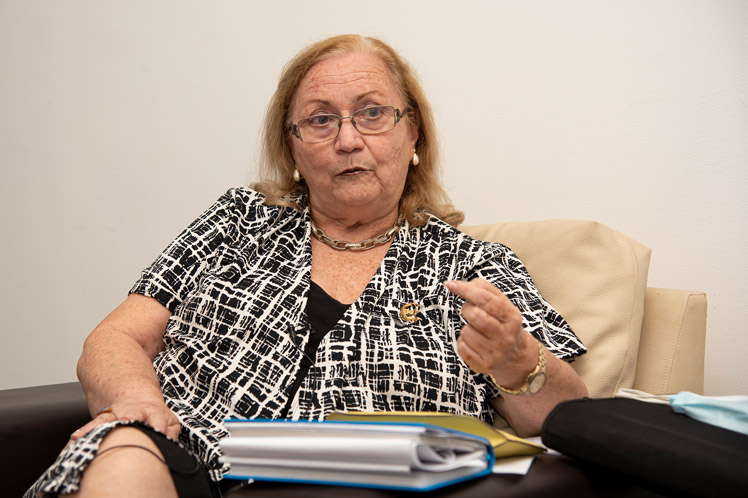This is how Mariluz B’Hammel, director of Trade Policy with North America at the Ministry of Foreign Trade and Foreign Investment (MINCEX), sees this. She also told Prensa Latina that all the measures of the US blockade have an impact on the entry of foreign capital to Cuba.
In order to develop a business in Cuba, investors have to face challenges such as difficulties in importing supplies and not being able to use the dollar in international markets, with the additional costs involved in currency exchanges, she explained, and also referred to the obstacles represented by the ban on importing into the country products with more than 10 percent content of US origin.
Added to this is the full application of the Helms-Burton Law, enacted in 1996, just after the approval of the Cuban Foreign Investment Law, and whose purpose is to further hinder the entry of foreign capital.
Despite everything, she assured, Cuba has not sat idly by and now more than ever is committed to attracting greater flows of foreign investment, with various initiatives and the search for solutions to the internal difficulties that are hampering the process.
In this regard, the official highlighted that the portfolio of business opportunities in the country is a reflection of the growth of the sector, since the options increase each year. The current one has 678 projects in the priority branches of the economy, 175 more than in 2020, and with more than 12 billion dollars for investment.
As reported to the Cuban Parliament in December by the head of MINCEX, Rodrigo Malmierca, there are currently 302 businesses with foreign capital in Cuba, 104 of which are joint ventures, 54 completely foreign-funded entities and 144 international economic association contracts, mainly in tourism, energy, food and food industry.
pgh/llp/mem/kmg










